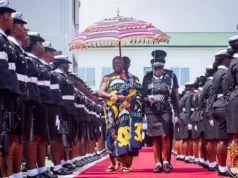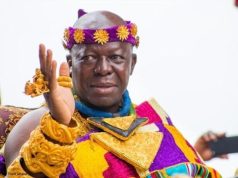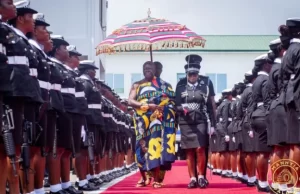Former Special Prosecutor Martin Amidu has warned against the politicization of constitutional procedures amid efforts to impeach Ghana’s Chief Justice Gertrude Torkornoo.
In an open letter dated May 26, 2025, Amidu criticized the government’s public disclosure of petitions seeking her removal, arguing the process should remain discreet and constitutionally guided.
The controversy began on March 25, 2025, when Government Communications Minister Felix Kwakye Ofosu announced President John Mahama had consulted the Council of State regarding three petitions against Torkornoo under Article 146 of Ghana’s 1992 Constitution. While the petitions’ details were undisclosed, tensions flared two days later when New Patriotic Party (NPP) MP Vincent Ekow Assafuah filed a Supreme Court writ to halt the process. Assafuah’s legal team, led by former Attorney General Godfred Yeboah Dame, also sought an interlocutory injunction to freeze proceedings.
Amidu questioned Dame’s involvement, noting his prior role in Torkornoo’s nomination and appointment under the previous NPP administration. “Mr. Dame oversaw her proposal to the Judicial Council, nomination by President Akufo-Addo, and parliamentary approval,” Amidu wrote, emphasizing the ethical implications of his participation in a politically charged case shortly after leaving office.
The former Special Prosecutor echoed concerns raised by legal veteran Sam Okudzeto, who lamented the public handling of the impeachment process during a March 27 Joy FM interview. “Publicity should follow only after the Council of State and President confirm a prima facie case,” Okudzeto stated, reflecting on his tenure on the Council.
Amidu further criticized Chief Justice Torkornoo’s decision to publicly request access to the petitions and copy entities like the Ghana Bar Association, calling it a strategic misstep. “Discretion could have preserved procedural integrity and public sympathy,” he argued.
The Supreme Court’s dismissal of two related lawsuits on May 21, 2025, underscores the judiciary’s pivotal role in balancing constitutional mandates against political pressures. Analysts note the case highlights enduring challenges to judicial independence in Ghana, mirroring past clashes between governance institutions and partisan interests.
















